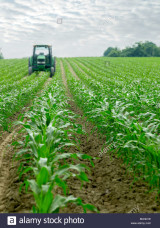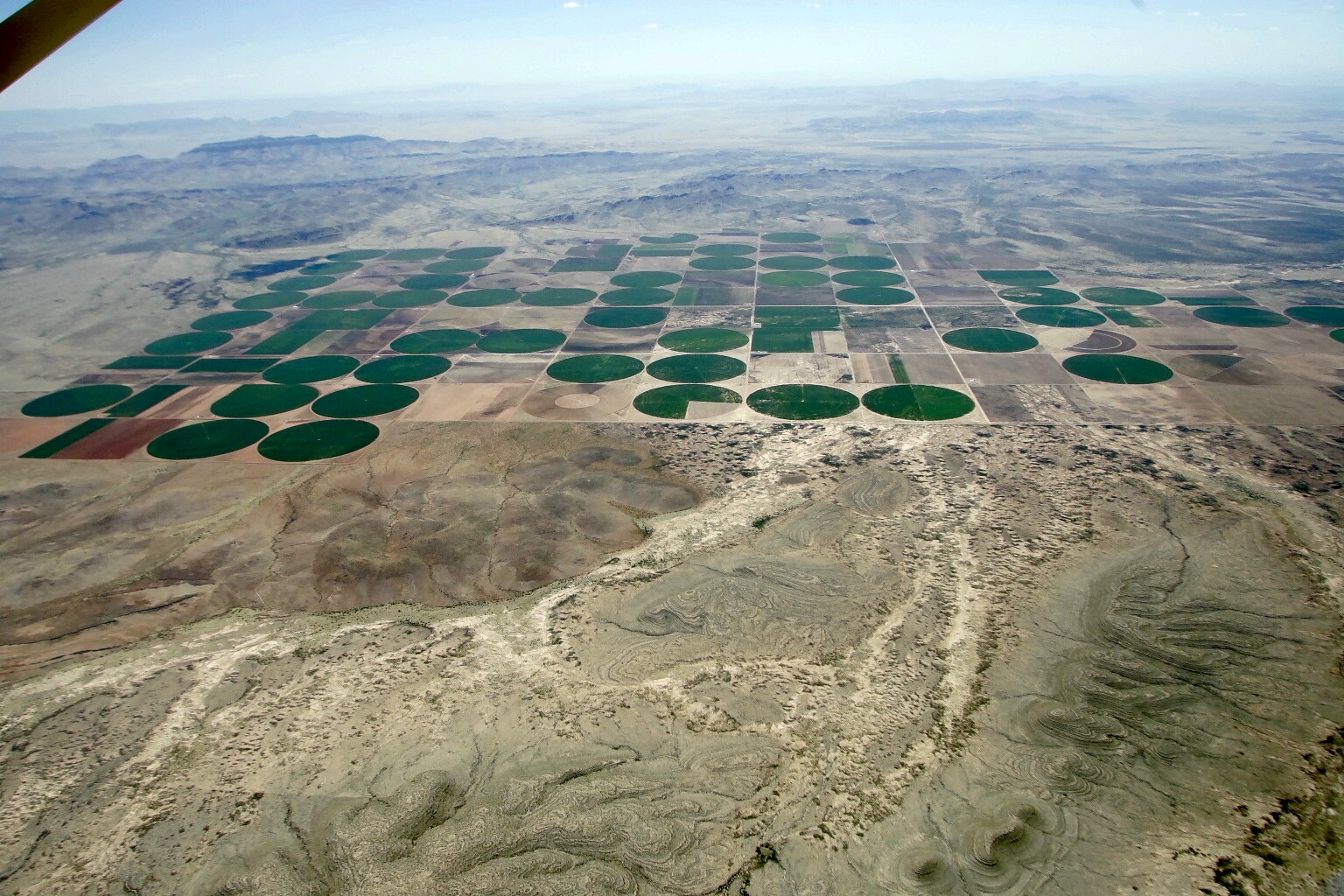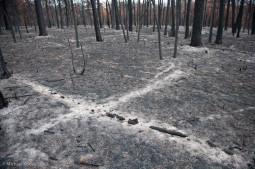
Biofuels Tradeoffs (start time: 8:27): In this week’s show David DeGennaro, an agriculture policy specialist with the National Wildlife Federation and author of a report called “Fueling Destruction,” talks with host Susan Moran about the environmental consequences of biofuels, and about possible solutions. The Environmental Protection Agency has proposed maintaining record support for biofuels, namely corn. Last week the EPA ended an open public comment period leading up to a decision to maintain, increase or scale back its current support of biofuels as part of the Renewable Fuels Standard, a federal mandate to blend corn-based ethanol and other renewable fuels into conventional gasoline. NWF and some other environmental organizations, along with former California Congressman Henry Waxman, have been urging the EPA and Congress to reduce biofuels mandates. Increased demand for corn has led to the conversion of millions of acres of habitat-rich grasslands and into croplands — all without significantly reducing greenhouse gas emissions.
Hosts: Susan Moran, Joel Parker
Producer: Susan Moran
Engineer: Joel Parker
Executive Producer: Alejandro Soto
Additional contributions: Alejandro Soto
Listen to the show here:
Podcast: Play in new window | Download (Duration: 26:03 — 23.8MB)
Subscribe: RSS








